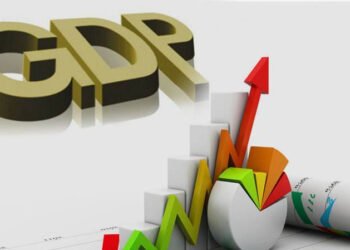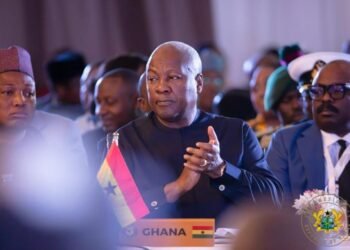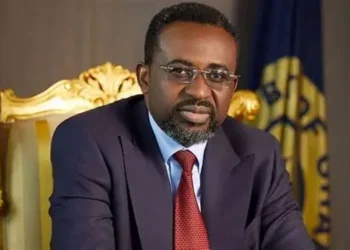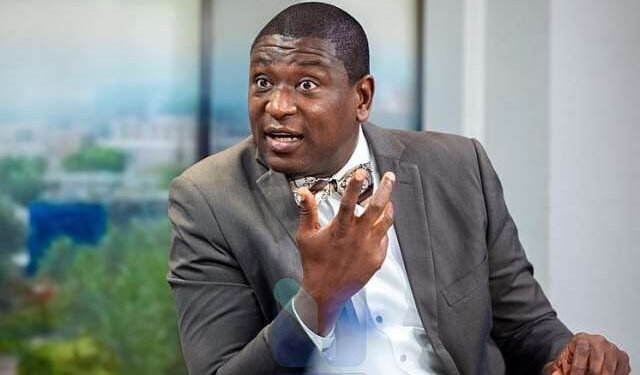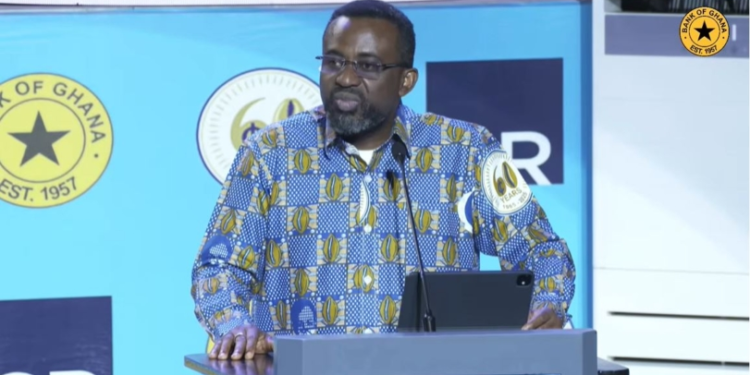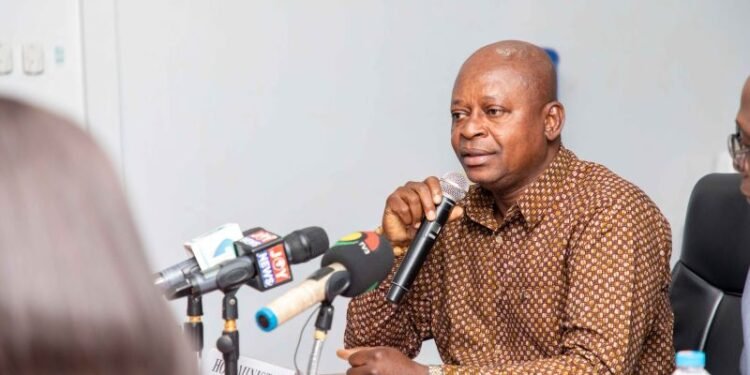Ghana’s aspirations to emerge from default and economic turmoil have been dealt a major blow as the country failed to reach an agreement with international bondholders to restructure $13 billion of its international bonds.
Despite formal talks initiated on March 16, 2024 with two distinct groups of bondholders, Ghana’s efforts were thwarted, exacerbating its financial woes.
The negotiations, which involved both western asset managers and hedge funds as well as regional African banks, reached an impasse, primarily due to concerns raised by the International Monetary Fund (IMF) regarding the proposed restructuring’s adherence to debt sustainability parameters. These parameters, crucial for gauging a country’s ability to manage its debt burden, became a sticking point, rendering the discussions unfruitful.
Of particular contention was the rejection by the regional African bondholder group of certain elements of the proposed rework, including the “PAR option” aimed at preserving the original value of the bonds through an extended maturity and reduced coupon rate. This discord highlights the complexity of reaching a consensus among diverse stakeholders with divergent interests.
Ghana’s default on a significant portion of its external debt in December 2022 marked a pivotal moment in its financial trajectory, triggered by escalating debt costs and inflation following its exclusion from international markets. The repercussions of this default continue to reverberate, hindering the country’s efforts to regain financial stability and investor confidence.
The Pursuit Of A Mutually Acceptable Agreement
In response to the latest setback, the Ghanaian government iterated its commitment to exploring alternative solutions aligned with the IMF program parameters. The pursuit of a mutually acceptable agreement remains paramount as Ghana seeks to navigate the challenges posed by its debt burden and restore fiscal health.
Meanwhile, the market reaction to the news of failed negotiations was palpable, with dollar-denominated bonds, commonly referred to as eurobonds, experiencing a decline of approximately 1 cent.
The prevailing sentiment reflected investors’ concerns about the uncertainty surrounding Ghana’s debt restructuring efforts, with most maturities trading near the 50 cents in the dollar mark, according to Tradeweb data.
Ghana, together with Zambia and Ethiopia, are reworking debt under the G20 Common Framework, a process set up during the COVID-19 pandemic to speed up debt overhauls. However, progress has been slow.
Zambia struggled to get its bond restructuring deal over the line amid objections from official creditors, though it eventually reached agreement in principle in late March this year.
Ghana, however, is “confident that at some point” it will reach an agreement with bondholders, Finance Minister Mohammed Amin Adam asserted without giving a timeline.
Meanwhile, the IMF’s Ghana mission Chief Stephane Roudet told the joint news briefing, held to coincide with the end of the IMF’s second review of its $3 billion loan programme with Ghana, that the fund needed to continue to see progress in talks with bondholders.
Ghana is aiming to cut $10.5 billion from its external debt repayments and interest costs due from 2023 to 2026. It reached an agreement in principle in January to rework $5.4 billion of loans with official creditors, which will need to confirm that the bondholder deal is comparable to what they offered.
The bondholder deal that had been proposed would have included a heavily discounted option of three bonds maturing between 2030 and 2038 with coupons of 5% until 2027 and 6.5% after. Another “PAR option” offering no principal reduction would have matured in 2043, with a 1.5% coupon.
Bondholders who signed up for either option would have also received a separate bond representing accrued “Past Due Interest”. This bond and the discounted options would have had a nominal, face value haircut of 33%.
Some bondholders had favoured the use of so-called state-contingent debt instruments, which could increase payouts if Ghana’s economy performs better on agreed metrics, as a way of bridging differences in their outlook.
Bondholders also pushed for a number of extra conditions to be included – such as a “loss reinstatement clause” that reverts the new bonds back to original values in case of another default and provisions to limit the right of the government to legally challenge the deal.
As Ghana grapples with the complexities of debt restructuring and economic recovery, the road ahead remains fraught with challenges. Achieving a sustainable resolution with international bondholders is essential for restoring stability and laying the groundwork for a resilient financial future.
However, the path to recovery may entail further negotiations, compromises, and strategic measures to address the underlying structural issues contributing to Ghana’s debt distress.




